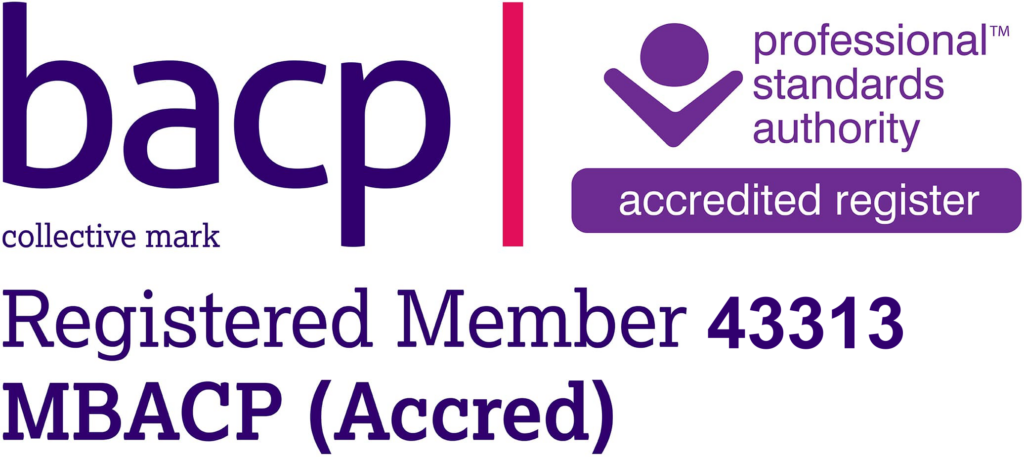
This is an ‘unprecedented’ time, as the newspapers keep reminding us. They use that word because it’s true: nothing in anyone’s lifetime has prepared us for this. Comparisons are with the Spanish Flu after the Great War, or much further back, with the Great Plague or Black Death. Since this time is unprecedented, it’s easy to get overwhelmed. And that’s why taking care of your mental health is more important now than ever.
If you are on the NHS front-line, or if you’ve lost a loved one to the virus, you may need outside support or even professional help, when you are ready and able to access that help. For those of us who are dealing primarily with isolation and the lock-down, I’d like to offer a few mental health tools to help you through this difficult time.
A note on attitude: painful feelings are natural and appropriate, but we can’t let them take over. We still need to survive and carry on and we still need to stay mentally stable. It may help to take on your mental health as a kind of ‘project’, for the duration of the lock-down. That positive, proactive attitude and outlook may help. So much is out of our control at the moment, but how we take care of ourselves is something that we do have agency over.
Protect Your Mind
The first thing you can do, is to control what comes into your mind. You can ration how much news you read or watch each day. Of course, you want to stay informed. But watching every bulletin on News 24 or reading each update on your phone, is deeply depressing and frightening. You aren’t letting the side down if you limit your intake. Decide in advance how much or little you can take and stick to that. Do it with the same firmness and care with which you would deal with a child.
Create Structure
The next thing to do if you are at home, is to organise your time. Work may fill up part of the day, but create structure around that too. This can include some positive new habits. For example, how about eating breakfast ‘with a friend’ on WhatsApp, or following a daily yoga class on YouTube?
Don’t Get Lost in Your Feelings
As well as protecting your mind and creating structure, work at not getting lost in your feelings. When we feel overwhelmed or highly anxious, feelings can take over and play havoc with our mental health. We need to use the rational mind to stop this happening. One way to do this is to create some distance from those feelings. You can do this by journalling. Write down what you think and feel, just as it comes, letting it all out on paper. Another method is through meditating or mindfulness practice. As Robert Wright, writer and lecturer, says: ‘meditation is a technique for (among other things) getting some critical distance from your feelings…’ If you are new to meditation there are plenty of apps which can guide you into it (see Headspace or Calm).
Stay Connected
Stay in touch with friends and loved ones. Perhaps you are reaching overload with all the virtual meetups and drinks? Even if you are, you still need them. Of course it’s not the same as having people there in real life. But it’s the best we can do. We need to see each other’s faces and we need to be seen. We need to remember that we have a place in the world. And we need others to remind us of the good times and of the beauty of life.
Finally, it may help to remind yourself that this time of trauma won’t go on for ever. It may seem almost impossible to imagine, I grant you. However, one day in the not too distant future, we will look back and think, it’s over.


